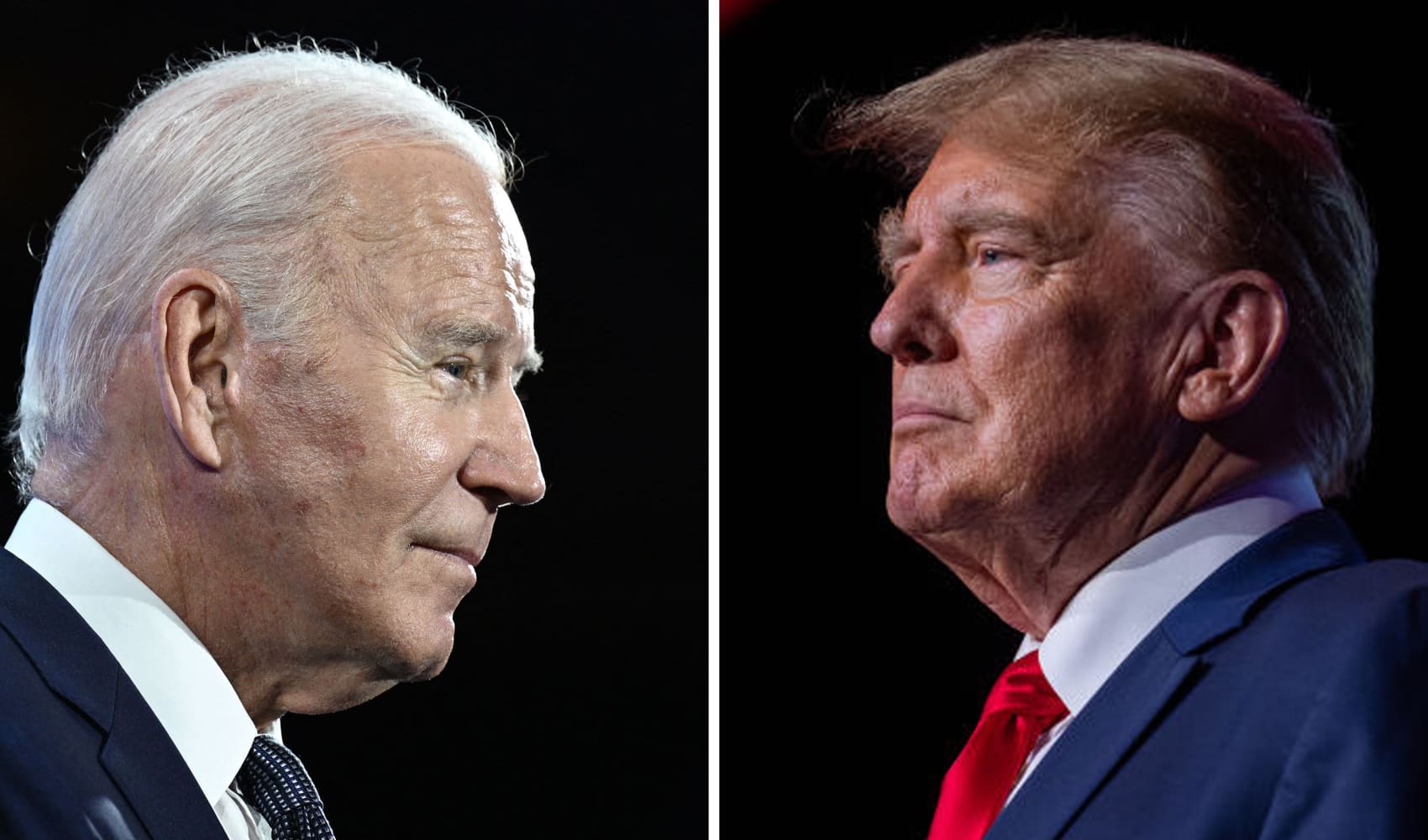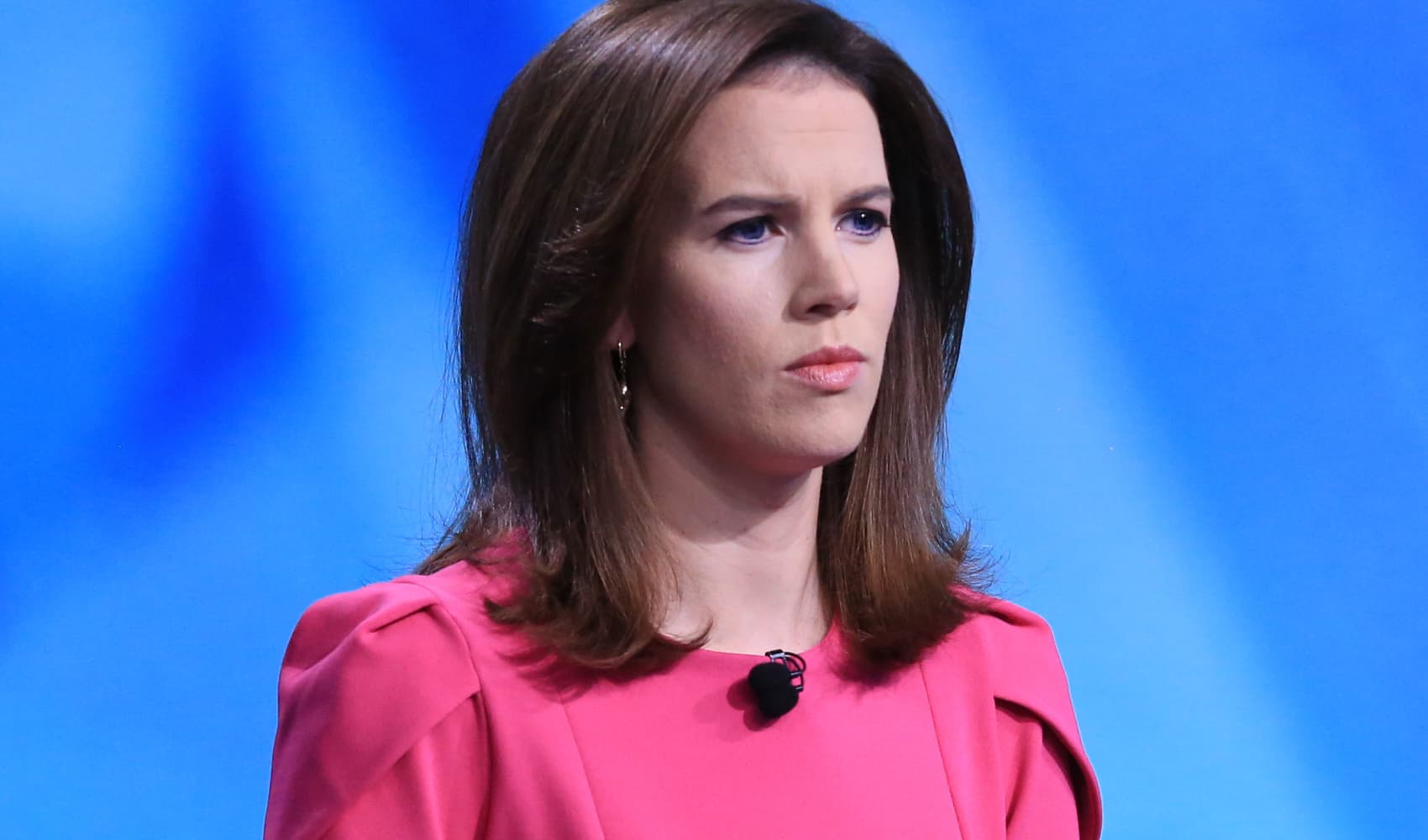
- Russia is ready to hold security talks with NATO states, Kremlin leader Vladimir Putin said Friday, while affirming Moscow's intentions to ramp up the national nuclear arsenal.
- Senior Russian security official Dmitry Medvedev separately said that conversations over a new treaty on limiting nuclear firepower with the U.S. are only possible once Washington no longer supplies weapons to Ukraine and blocks its admission to the NATO alliance.
- Russian President Vladimir Putin suspended Moscow's participation in February 2023, without fully withdrawing his country from the treaty.
Russia is ready to hold security talks with NATO states, President Vladimir Putin said Friday, while affirming Moscow's intentions to ramp up the national nuclear arsenal.
Referencing security in the Eurasian region, Putin on Friday said the Kremlin is "ready for a broad international discussion of these key, vital issues — both with our colleagues in the Shanghai Cooperation Organization, the CIS, the EAEU, BRICS, and with other international associations — European and NATO states, including," according to a Google-translated report by Russian state news agency Tass.
"Naturally, when they are ready for this," the Russian president added, speaking during a meeting with military university graduates.
Get DFW local news, weather forecasts and entertainment stories to your inbox. Sign up for NBC DFW newsletters.
Earlier in the day, Kremlin spokesperson Dmitry Peskov had signaled that Russia's willingness to entertain security talks with the U.S. specifically was conditional on simultaneous discussions about the war in Ukraine.
"We are open to dialogue, but to a broad, comprehensive dialogue that covers all dimensions, including the dimension related to the conflict around Ukraine, the involvement of the United States in this conflict," Peskov said, according to a Google-translated Tass report.
His comments came in response to the possibility of holding talks with Washington on nuclear risks apart from the Ukrainian conflict. CNBC reached out to the U.S. State Department on whether the White House would be amenable to conducting negotiations on these terms.
Money Report
Russia has so far been largely isolated from West-led diplomacy to resolve the conflict with Kyiv — and was most recently not invited to the Summit on Peace in Ukraine, on June 15-16.
Senior Russian security official Dmitry Medvedev separately said in a Google-translated Telegram update that conversations over a new treaty on limiting nuclear firepower with the U.S. are only possible once Washington no longer supplies weapons to Ukraine and blocks its admission to NATO.
Moscow has repeatedly invoked Kyiv's ambition to join the West-led military alliance as a threat to its own security and one of the reasons behind Russia's large-scale invasion of Ukraine in February 2022. Kyiv has solicited membership but cannot accede to the coalition while an active conflict wages on its territories.
"Everything should develop according to a completely different scenario," Medvedev wrote, envisaging a scenario in which the U.S. enters a state of "total psychosis" out of fear of Russian bomb and missile attacks.
"Let their entire elite worry! Let them tremble and shake," he added.
The prospect of nuclear escalation has weighed heavily on the tactical decision-making of the NATO alliance, as it considers the next steps of its support for Kyiv. Russia, which inherited the vast majority of the collapsed Soviet Union's weapons of mass destruction, has the world's largest nuclear arsenal — with a total inventory of 5,580 warheads as of March between military stockpiles and reserves, according to the Federation of American Scientists. The U.S. has a combined stock of 5,044 warheads, comparatively.
"We plan to further develop the nuclear triad as a guarantee of strategic deterrence and to preserve the balance of power in the world," Putin said Friday, according to Reuters. The so-called "nuclear triad" refers to Russia's ability to launch nuclear missiles from land, sea and air.
In February 2023, Putin had suspended Moscow's participation in the key New START nuclear treaty with the U.S., without fully withdrawing his country from the agreement. The accord, which came into force in 2011 and was extended for another five-year stretch in 2021, bound Russia and the U.S. to deploy no more than 700 intercontinental ballistic missiles and a maximum of 1,550 strategic nuclear warheads.
The agreement also provided for up to 18 yearly inspections that the two countries may conduct of each other's strategic nuclear weapons sites, in order to check compliance.
Since suspending its participation in the treaty, Russia has dismissed U.S. proposals for dialogue on nuclear arms control while the White House continues to support Ukraine militarily.
"We do not see the slightest interest on the part of either the United States or NATO to settle the Ukrainian conflict and listen to Russia's concerns," Russian Foreign Minister Sergey Lavrov told a news conference in January, according to Reuters.
Ramping up the war rhetoric, Putin this year warned NATO of the potential for nuclear conflict, if the coalition pressed ahead with a suggestion from French President Emmanuel Macron over deploying Western troops into Ukraine.
″[The West] must realize that we also have weapons that can hit targets on their territory. All this really threatens a conflict with the use of nuclear weapons and the destruction of civilization. Don't they get that?" Putin said in his annual state of the nation address in February.






